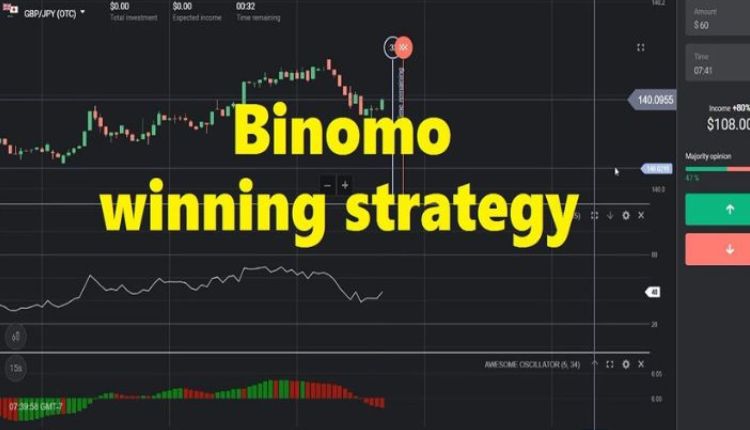Introduction:
The global financial landscape is shaped by a myriad of economic indicators, policy decisions, and market events. To make informed investment decisions and stay ahead in today’s fast-paced economy, it is crucial to keep a close eye on the economic calendar. This article aims to provide a comprehensive guide on understanding the economic calendar, its significance, and how it can be effectively utilized by investors. By the end of this article, you’ll have a deeper understanding of how to leverage the economic calendar to enhance your financial decision-making.
- What is an Economic Calendar? An economic calendar is a schedule of significant economic events, data releases, and policy decisions that impact financial markets. These events include key economic indicators like GDP (Gross Domestic Product), inflation rates, employment reports, central bank meetings, and announcements from government bodies. The economic calendar acts as a roadmap, helping investors anticipate and plan for potential market movements.
II. The Significance Of The Economic Calendar
The economic calendar plays a vital role in financial markets for several reasons:
- Market Volatility: Major economic events have the potential to trigger significant price movements across various asset classes. By staying informed about upcoming events, investors can prepare and adjust their positions accordingly.
- Fundamental Analysis: Economic indicators provide insights into the overall health of an economy. By analyzing these indicators, investors can make informed predictions about future market trends and adjust their investment strategies accordingly.
- Central Bank Policy Decisions: Central banks play a crucial role in setting monetary policy. Their decisions on interest rates, quantitative easing programs, or changes in regulatory policies have a direct impact on currency exchange rates, bond yields, and stock market indices. The economic calendar helps investors track these policy decisions and adjust their portfolios accordingly.
III. How To Use The Economic Calendar Effectively
- Prioritize Key Events: Not all economic events are equally impactful. Focus on high-impact events such as central bank meetings, GDP releases, employment reports, and major policy decisions. These events are likely to have a more significant impact on market movements.
- Understand Market Expectations: Alongside the actual data or decision, it is important to consider market expectations. Consensus forecasts and analyst predictions provide valuable insights into how the market might react to the upcoming event. Deviations from expectations can trigger significant price swings.
- Consider Interconnections: Economic events and indicators are often interconnected. For instance, a positive GDP growth report may lead to expectations of higher inflation, potentially impacting interest rates. Understanding these interconnections helps investors make more holistic predictions.
- Develop a Trading Strategy: Based on your analysis of the economic calendar, develop a trading strategy that aligns with your investment goals and risk tolerance. This may involve adjusting asset allocations, entering or exiting positions, or hedging against potential risks.
Conclusion:
The economic calendar is a powerful tool for investors, providing valuable insights into market-moving events and economic indicators. By understanding and utilizing the economic calendar effectively, investors can make informed decisions, manage risks, and capitalize on potential opportunities. Remember to prioritize key events, consider market expectations, and develop a robust trading strategy based on your analysis. By integrating the economic calendar into your investment routine, you can stay ahead of market trends and enhance your overall financial decision-making.
FAQs:
- How frequently is the economic calendar updated? The economic calendar is typically updated in real-time or on a daily basis, depending on the platform or website you are using. It is recommended to use reliable financial news sources or specialized platforms that provide up-to-date information.
- Can the economic calendar predict market movements with certainty? While the economic calendar provides valuable information, it cannot predict market movements with certainty. Market reactions to economic events are influenced by various factors, including market sentiment, geopolitical events, and unexpected news. The economic calendar serves as a guide, helping investors understand the potential impact of events and make more informed decisions, but it does not guarantee specific outcomes.
In summary, the economic calendar is a valuable tool for investors to stay informed about significant economic events and policy decisions that impact financial markets. By understanding the calendar, considering market expectations, and developing a trading strategy, investors can navigate the market with more confidence and enhance their financial decision-making.

